Broadband Can Cut Energy Consumption by 2 Per Cent in USA and EU States
The Global e-Sustainability Initiative (GeSI) has published new research that reveals the impact of broadband use on reducing energy consumption and carbon emissions in the USA and EU-5 (France, Germany, Italy, Spain and UK). The total savings came out with an upper end of about 2% of total energy consumption for both regions.
The savings came about as a result of people choosing to do things online rather than in the traditional way. It calculated this based on eight service areas that broadband could affect and modelled the overall impact of internet access as a result of not needing to, for example, travel by car or use other materials that would have otherwise consumed energy.
The 8 Service Areas
1. Telecommuting (working online from home instead of traveling to work)
2. Reading news online (as opposed to buying newspapers or magazines)
3. Streaming/Downloading music (as opposed to buying physical media like CD’s)
4. Online banking (as opposed to travelling to a bank)
5. Online shopping (instead of buying travelling to and directly from a shop)
6. Online education (instead of physically going to school)
7. Digital photos (instead of physical photo prints)
8. E-mail (instead of letters sent by post)
In fairness the idea of total online-only education, shopping or only ever using digital photos probably isn’t realistic for most people. Education will always be something best taught in a classroom with full social interaction, while we all like to print out at least some of our pictures. But, irrespective of our opinion, the study – sponsored by Verizon, BT, Deutsche Telekom and Ericsson – did arrive at some interesting conclusions.
For example, the EU-5 appears to be more energy-efficient than the US (but only slightly). Despite a slightly larger population (318 million for the EU-5 compared to 314 million in the US) the expected net energy savings in the EU-5 from these eight ICT-enables services appear to be about one-half of what might be expected within the US. This equates to an average energy saving of about 250 million barrels of oil in the US compared to the smaller net benefit of 123 million barrels of oil in the EU-5).
Summary of GeSI’s Conclusion
“Telecommuting looms very large in the total savings for either region. Indeed, of the eight activities shown here, telecommuting — largely because of the scale of its impact and the magnitude of net savings associated with this expanded practice — is likely to provide on the order of 86 percent or more of the net energy savings for the U.S. and perhaps as much as 83 percent for the EU-5.
The total savings in this report at first might seem small — an upper end of about 2 percent of total energy consumption for both regions. This is because the eight activities (besides telecommuting) turn out to play a relatively small part within their respective economies. Newspapers, for example, are less than 0.1 percent of economic activity in the U.S. The postal service and music industries are only slightly larger, but of a comparable scale.
At a more aggregate and also a more consistent level of comparison, the combined “pulp, paper, paper products, printing and publishing” industries—among those sectors most likely to be impacted by ICT services—are only 1.8 and 2.3 percent of total economic activity in the EU-5 and U.S., respectively. Yet even at this scale the prospects for a 2 percent savings from these eight relatively small activities alone may generate a larger benefit than the 1.3 percent total CO2 emissions impacts that result from the services provided by the entire ICT and electronic media industries.”
GeSI admits that it still needs a more “regular and systematic collection of data” to back up their conclusions, yet that hasn’t stopped them from making several policy recommendations. For example, they recommend that governments move to “actively encourage” both innovation and collaboration that can lead to “dematerialization of existing products/services” (i.e. greater use of online alternatives).
It also goes without saying that the huge impact of Telecommuting lends weight to their recommendation that governments encourage and reward companies that adopt and enforce flexible work policies that encourage the use of broadband capabilities to reduce travel.
Finally GeSI suggests that governments should, at a local/municipal level, investigate public/private partnership models that bring broadband connectivity to all residents. “Given the cost of extending broadband to those that are unserved or underserved and the challenging business models, it is highly advantageous for municipal governments to consider the energy savings generated by broadband adoption as part of the equation for extended deployment of the technology,” said the report.
Measuring the Energy Reduction Impact of Selected Broadband-Enabled Activities Within Households
http://www.gesi.org/LinkClick.aspx?fileticket=U/nIba0k3Rk%3D&tabid=130
Mark is a professional technology writer, IT consultant and computer engineer from Dorset (England), he also founded ISPreview in 1999 and enjoys analysing the latest telecoms and broadband developments. Find me on X (Twitter), Mastodon, Facebook and Linkedin.
« TalkTalk UK and YouGov Study Finds 78% Reject Default Internet Censorship
Latest UK ISP News
- FTTP (5531)
- BT (3518)
- Politics (2542)
- Openreach (2298)
- Business (2266)
- Building Digital UK (2247)
- FTTC (2045)
- Mobile Broadband (1977)
- Statistics (1790)
- 4G (1668)
- Virgin Media (1621)
- Ofcom Regulation (1465)
- Fibre Optic (1396)
- Wireless Internet (1391)
- FTTH (1382)
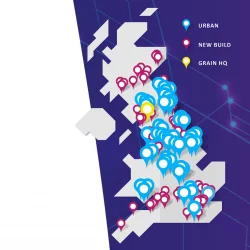

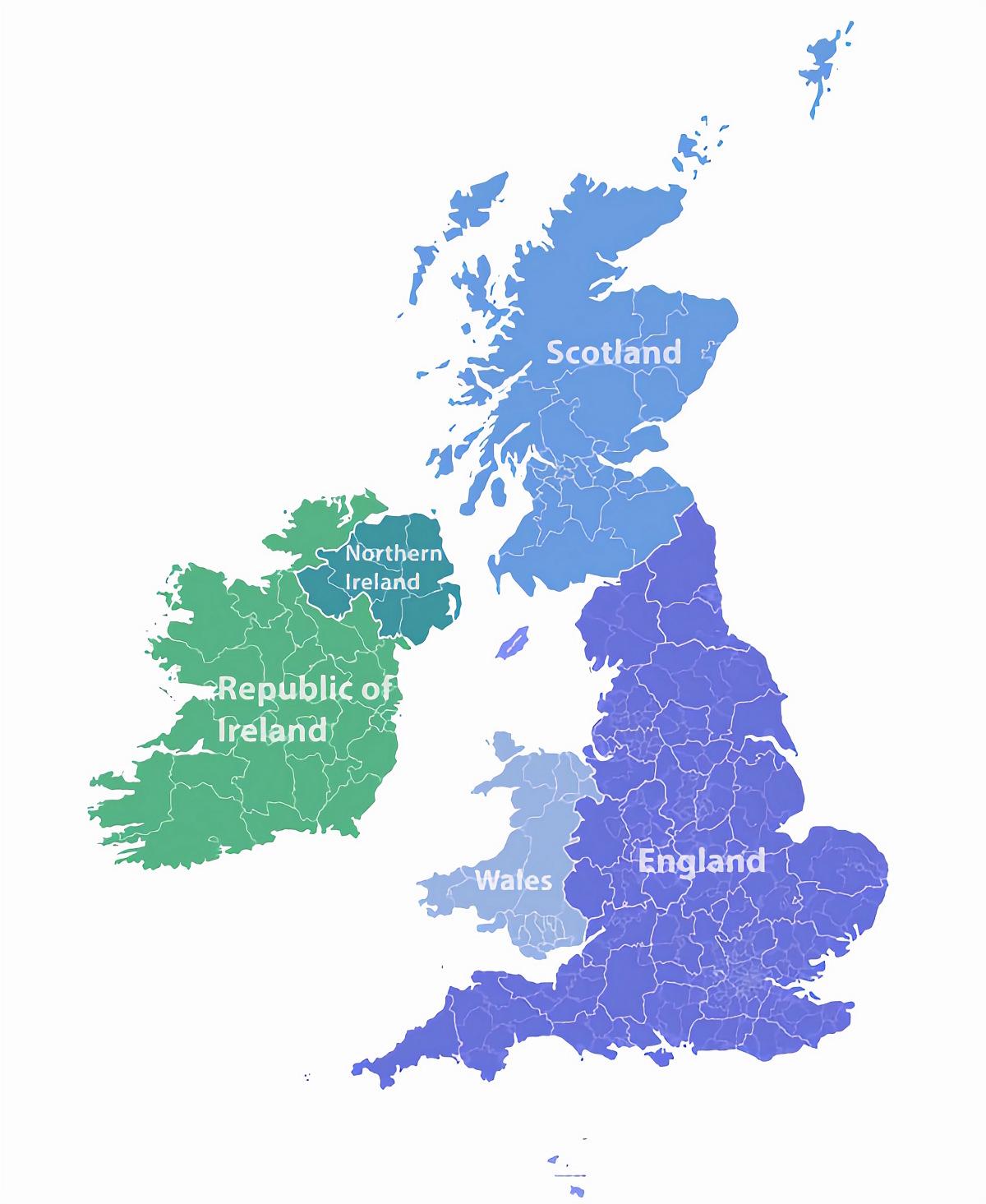
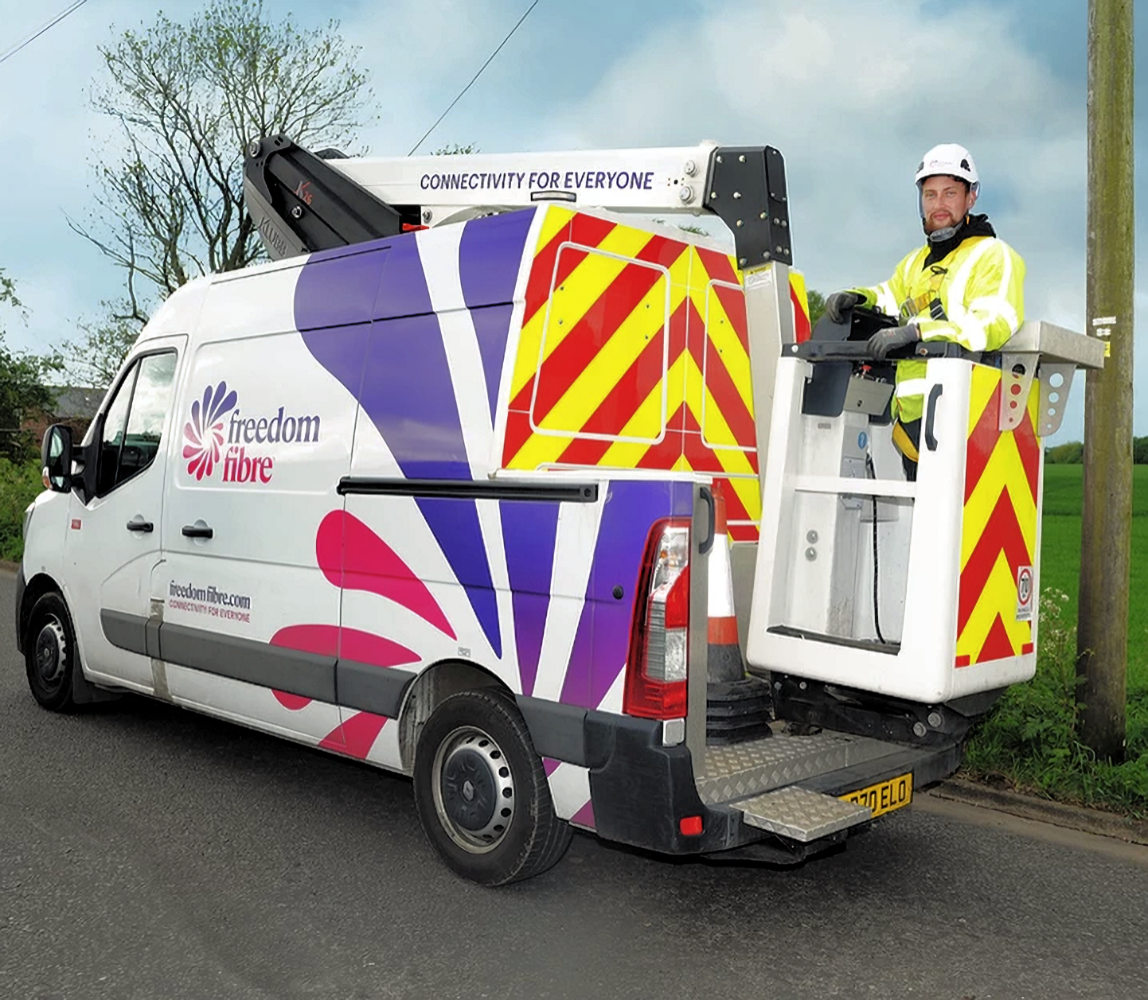

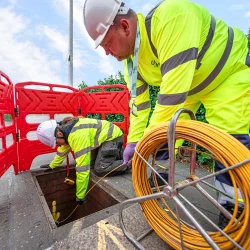












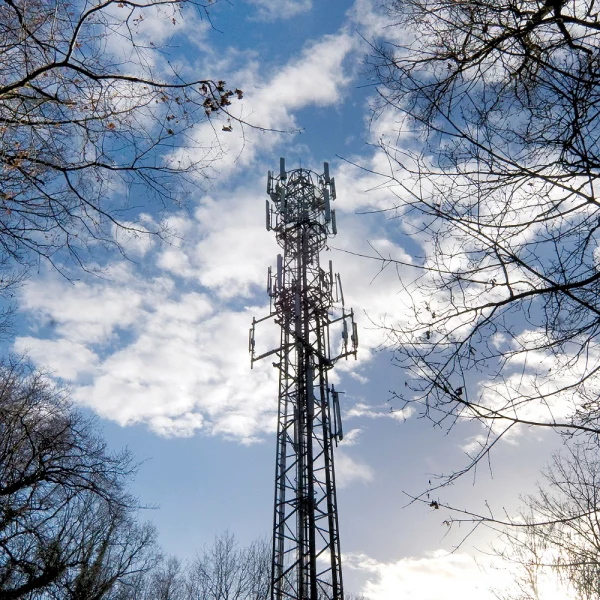
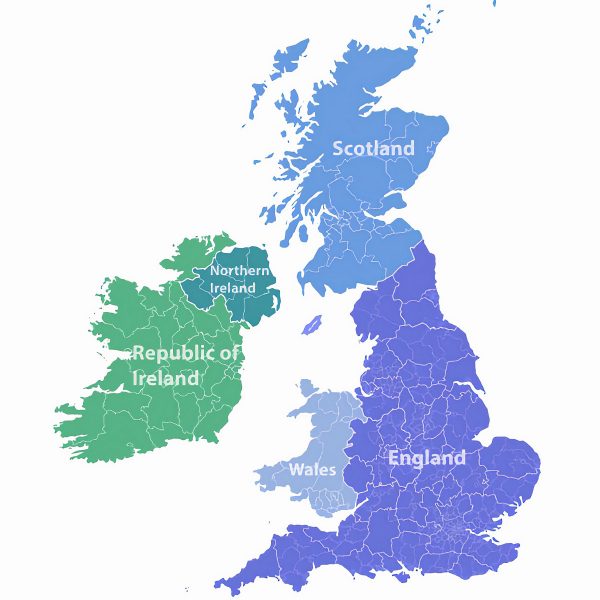
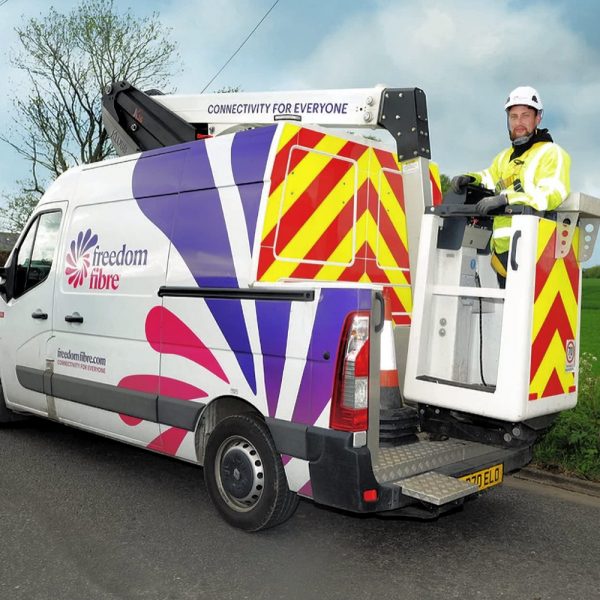



































Comments are closed